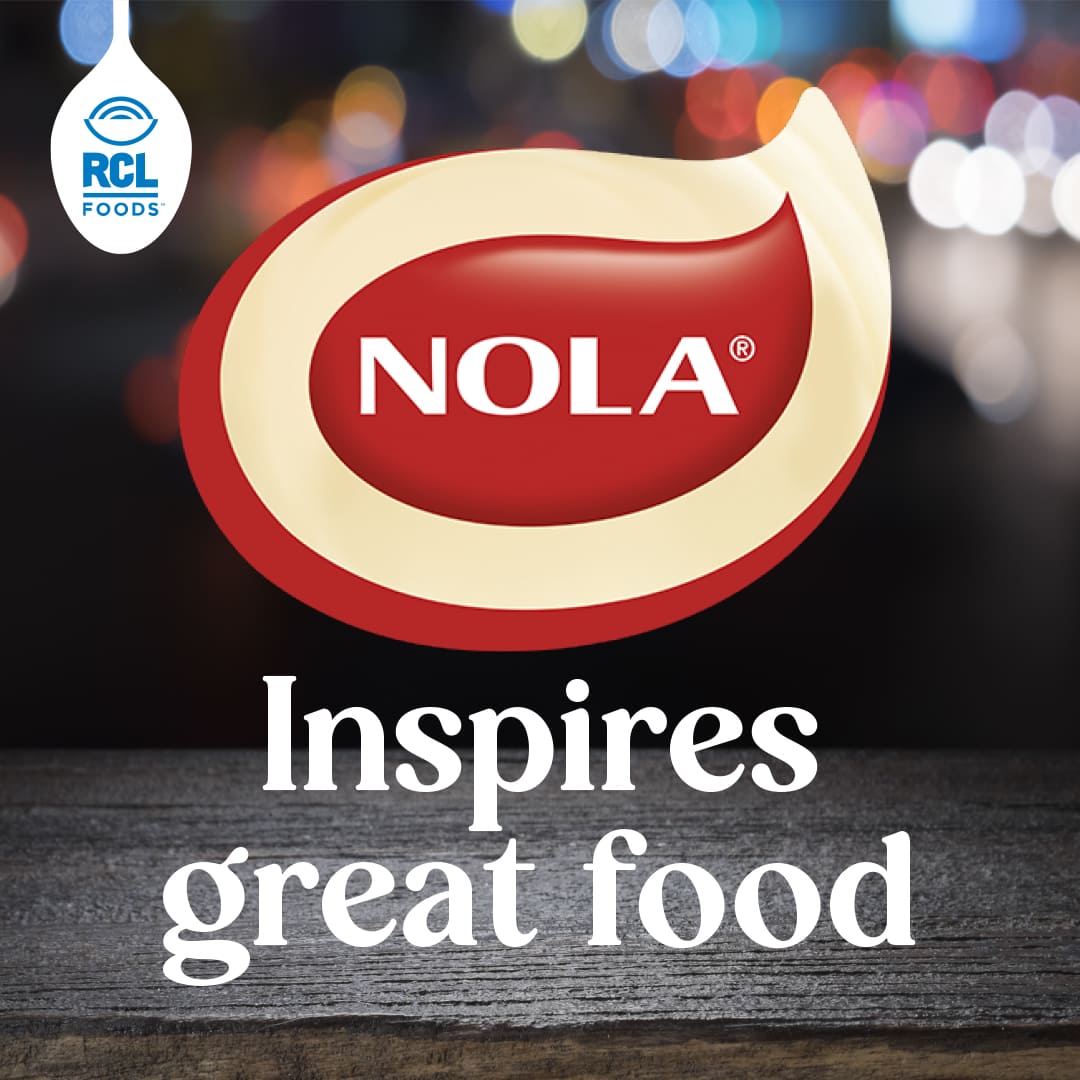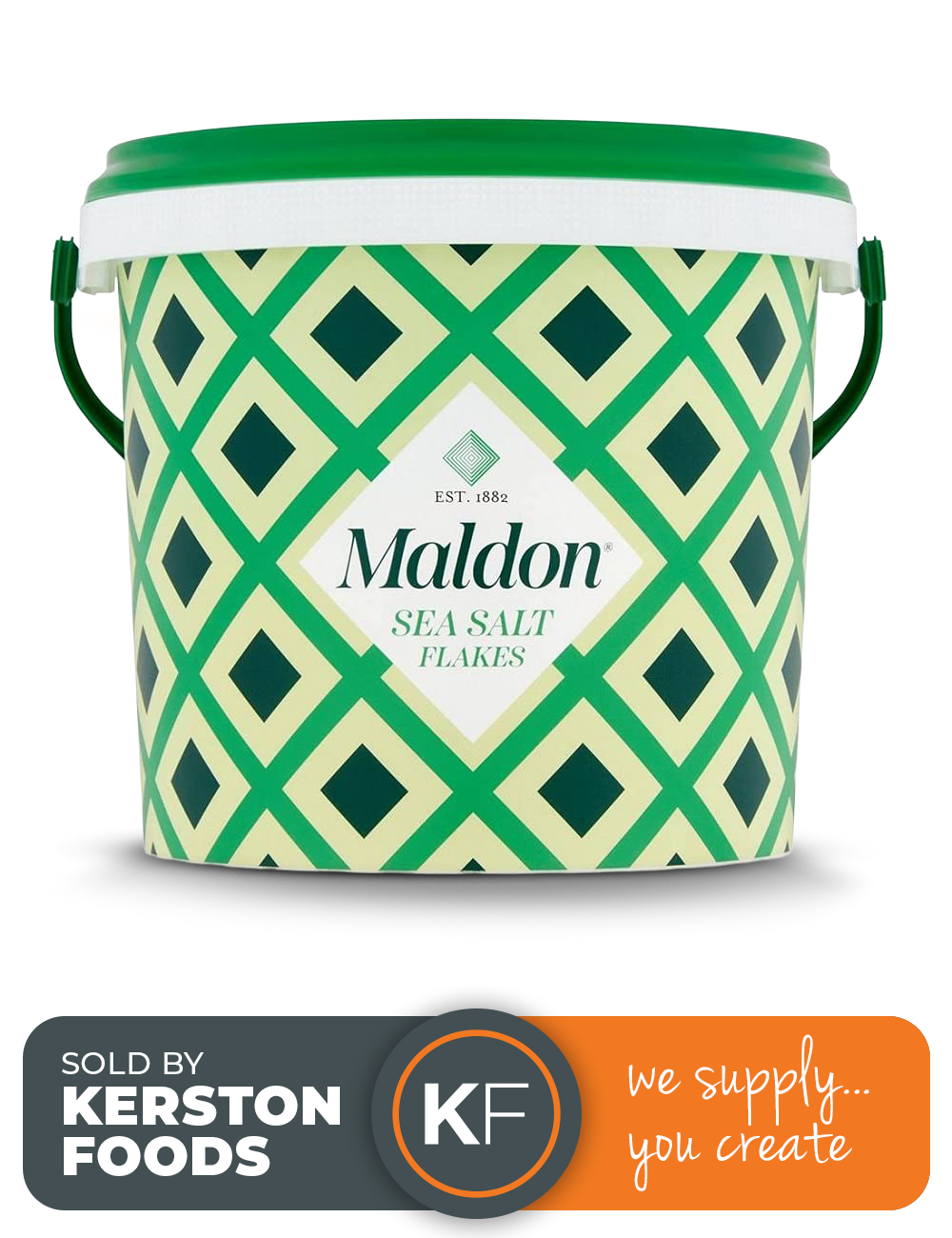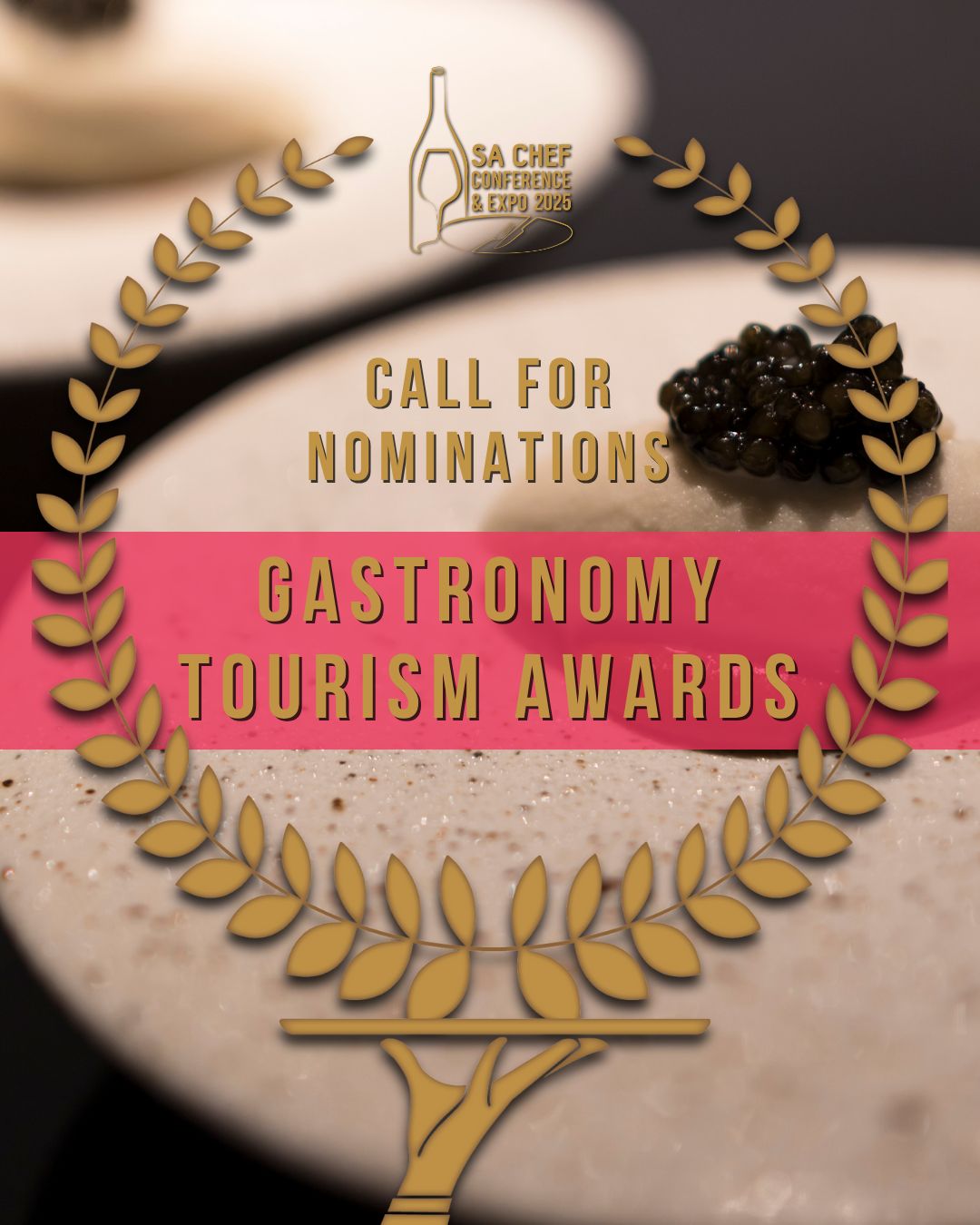South Africa’s wine industry and consumers have changed dramatically since the beverage was first made in South Africa in 1659.
Since COVID-19 lockdowns have been eased up, wine lovers are excited to get back to swirling the good liquid around their palette. Winemakers are also seeing a new generation of wine enthusiasts emerge, eager to give wine tasting a try.
Nick Plummer of AbuzzWine shares with us the four things you probably didn’t know about wine tasting and dispels any myths about the industry you might have heard.
You don’t have to be a wine snob…
The wondrous world of wine does often have that “elitist” and “boujee” atmosphere surrounding it. However, according to Plummer, the reality is a lot more relaxed, fun, and informative.
“Preconceptions, myths and misgivings abound,” says Plummer. “For example, people worry that they don’t have a refined enough palate; that they need to appear knowledgeable; or that their lack of wine knowledge will be shown up. It’s simply not true. And if you go in with that attitude, you’ll have a dreadful time. Or feel obligated to buy one or two bottles of wine and leave with the next-to-cheapest bottle under your arm as a guilt purchase. Don’t be that person!”
According to Plummer, any “elitist” behaviour should be reserved for folks who “have probably never paid for a bottle of wine, and spend their lives swirling, sniffing, slurping and spitting…The good news is that those people don’t attend wine tasting events!” says Plummer.
It’s a journey of discovery. Forget Investment
According to Plummer, wine tasting should be a journey of discovery, and buying wine as an investment does not often intersect with wine tasting. Wine tasting should be a journey of discovering new tastes, trying things you haven’t tried before whether it be aromas and flavours or new local brands, varietals or blends, and introducing new favourites to share with the friends you’ll no doubt make on your wine tasting journey.
Engage all five senses
Wine tasting should be about completely immersing yourself with all five of your senses or six for those of you who can see ghosts. It’s the swirl of the colours in the wine glass as it licks the edges of the glass and falls back down. The smell of it, getting your nose deep into the opening of the cup and inhaling the scent of the liquid. Of course, you don’t have to be able to pick out every single scent like a bloodhound, Plummer suggests leaving that up to the small percentage of people who actually can.
Using your sense of touch, in your mouth that is, your tongue should be able to identify the textures in the wine or the “mouthfeel.” It can be dry, crisp, sharp, smooth, grippy or gritty to name a few adjectives used to describe wine. According to Plummer, for a good wine tasting, you should always slurp it, to get a good amount of air in your mouth with the wine and then swish it around your mouth, like you’re chewing it almost.
Then, of course, the sense of taste is probably the most important one when it comes to wine tasting. After you have given your wine a few swishes you should consider the five perceptions of taste: saltiness, sourness, bitterness, sweetness, and umami (“delicious taste” in Japanese). After that, you can spit it out or swallow it.
Even your sense of hearing comes into play at a wine tasting. Listen to the winemaker, their journey into winemaking, the characters on the farms, and the inspiration behind the labels and the wines’ names.
A good bottle of wine is one YOU enjoy
At a wine tasting, you have the fantastic opportunity to taste a variety of wines without having to buy them.
However, it is important to remember that no two people are alike, and therefore no two people will have the same taste in wine. So don’t think you have to enjoy a bottle of wine or wine in general, just because other people are going crazy over it.
“The actual tasting of a wine is a personal experience,” says Plummer. “Tasting notes are there as a guide, not an instruction, as to what aromas and flavours to expect. Your senses may pick up something completely different from the person sitting next to you.”
A good wine can be R100 a bottle or R1000 a bottle. It all comes down to YOU and what you enjoy!








